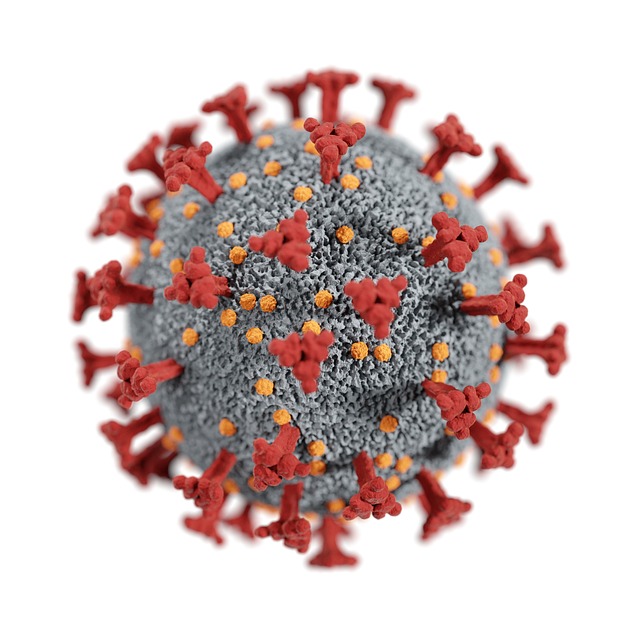Delta-9 THC and CBD are two key compounds in cannabis with distinct effects on mood and relaxation. Delta-9, responsible for the 'high', interacts with the brain's CB1 receptors, influencing mood, perception, and cognition. It offers recreational use with euphoria but isn't suitable for everyone, especially those with mental health issues or a history of substance abuse. CBD, non-psychoactive, supports mood regulation, memory, sleep, and pain management without altering consciousness. Its therapeutic benefits, including anxiety reduction, improved sleep, and inflammation management, make it an appealing alternative for medicinal use. When choosing between Delta-9 and CBD, consider your needs: Delta-9 for recreational relaxation or enjoyment, CBD for therapeutic applications without cognitive impairment.
Unsure about Delta-9 THC vs. CBD? This guide helps you navigate the difference between these two popular cannabis compounds. We break down what makes Delta-9 THC, the psychoactive compound known for its euphoric effects, unique, and how it contrasts with CBD (Cannabidiol), its non-psychoactive counterpart. By exploring their impacts on mood, relaxation, and potential therapeutic benefits, you’ll gain insights to make an informed choice based on your personal preferences and needs.
- Understanding Delta-9 THC: The Psychoactive Compound
- CBD: The Non-Psychoactive Counterpart
- Comparing Effects: Mood, Relaxation, and Potential Therapeutic Benefits
- Choosing Between Delta-9 and CBD: Factors to Consider for Personal Use
Understanding Delta-9 THC: The Psychoactive Compound

Delta-9 THC, often simply referred to as Delta-9, is a compound found in cannabis that has gained significant attention for its psychoactive effects. It’s the primary component responsible for the ‘high’ associated with marijuana use. When consumed, Delta-9 interacts with the endocannabinoid system (ECS) in our bodies, specifically binding to CB1 receptors in the brain. This interaction can lead to a range of effects on mood, perception, and cognition. Understanding Delta-9 is crucial when considering its potential benefits or risks, as it’s the key player in cannabis’s psychoactive properties.
This compound has been extensively studied for its therapeutic potential, with research exploring its role in managing pain, reducing anxiety, and even helping with certain medical conditions like epilepsy. However, it’s essential to recognize that Delta-9’s effects can vary widely among individuals due to factors like tolerance, dose, and personal biochemistry. Its powerful influence on brain function also means it may not be suitable for everyone, especially those with pre-existing mental health conditions or a history of substance abuse.
CBD: The Non-Psychoactive Counterpart

CBD, or Cannabidiol, is a non-psychoactive compound derived from the cannabis plant. Unlike its more well-known counterpart, Delta-9 THC (Tetrahydrocannabinol), CBD does not produce any intoxicating effects. This means users won’t experience the typical “high” associated with marijuana use. Instead, CBD interacts with the body’s endocannabinoid system, which plays a role in regulating mood, memory, sleep, and pain perception.
As a result, CBD has gained significant popularity for its potential therapeutic benefits without the psychoactive properties of Delta-9. It is often used for relaxation, reducing anxiety, improving sleep quality, and managing chronic pain. The non-psychoactive nature of CBD makes it an appealing option for individuals who want to harness the potential health benefits of cannabis without altering their mental state or experiencing any mind-altering effects.
Comparing Effects: Mood, Relaxation, and Potential Therapeutic Benefits

When comparing Delta-9 THC and CBD, understanding their distinct effects on mood, relaxation, and potential therapeutic benefits is crucial for making an informed choice. Delta-9 THC, the primary psychoactive compound in cannabis, is renowned for its ability to induce euphoria, enhance sensory perception, and promote a sense of calm or relaxation, depending on dosage and individual tolerance. It has been explored for its potential therapeutic uses in managing pain, reducing anxiety, and stimulating appetite.
In contrast, CBD (cannabidiol), a non-psychoactive compound, has garnered attention for its broad range of potential health benefits without inducing the intoxicating effects of Delta-9 THC. Studies suggest that CBD may help alleviate anxiety, improve sleep quality, reduce inflammation, and manage chronic pain. Its non-intoxicating nature makes it an appealing option for individuals seeking a calming effect without altering their mental state or facing the cognitive impairment sometimes associated with Delta-9 THC use.
Choosing Between Delta-9 and CBD: Factors to Consider for Personal Use

When considering Delta-9 THC (a.k.a. delta 9) versus CBD, several personal factors come into play. It’s important to understand the distinct effects and applications of each compound before making a choice. Delta-9 is known for its psychoactive properties, inducing feelings of euphoria and altering perception, which can be appealing for recreational users or those seeking relief from stress and anxiety. On the other hand, CBD (Cannabidiol) doesn’t produce any intoxicating effects but offers a range of potential therapeutic benefits, including reducing inflammation, alleviating chronic pain, and promoting sleep.
While Delta-9 might provide a more immediate sensory experience, CBD is often preferred for its non-psychoactive qualities and wide array of medicinal applications. The decision should be guided by your specific needs: if you’re looking to relax or enjoy a recreational high, Delta-9 might be the better choice. However, if you’re seeking relief from various health conditions without any mental altering effects, CBD could be the more suitable option. Individual tolerance, desired results, and personal preferences all play significant roles in this decision.
When deciding between Delta-9 THC and CBD, understanding their distinct properties is key. Delta-9 offers psychoactive effects, inducing a euphoric high, while CBD remains non-intoxicating. The choice depends on your preferences and desired outcomes; Delta-9 may enhance mood and relaxation, but CBD boasts potential therapeutic benefits without the psychological impact. Consider your needs, consult professionals, and explore these compounds responsibly to unlock their full potential for personal wellness.
